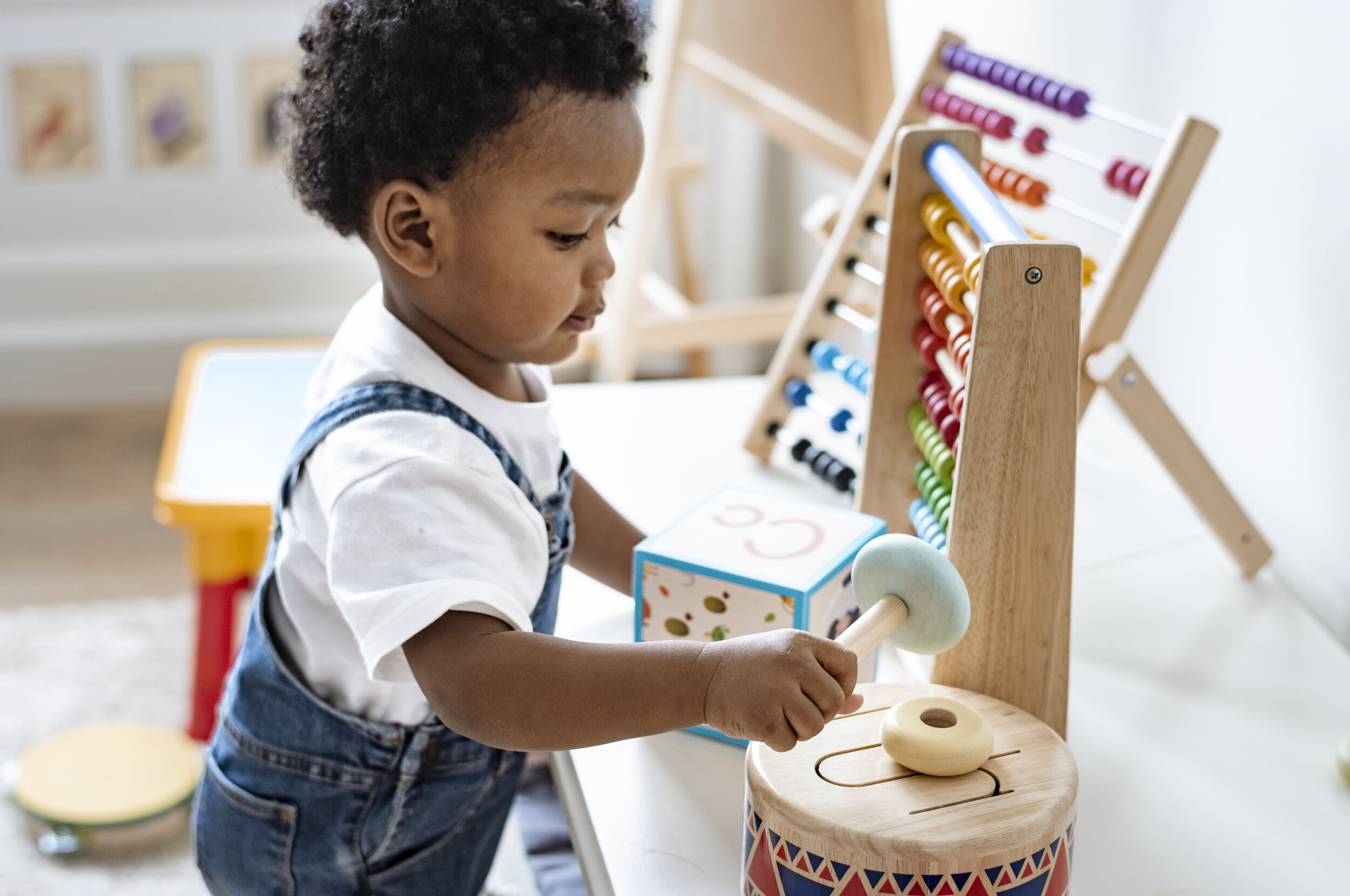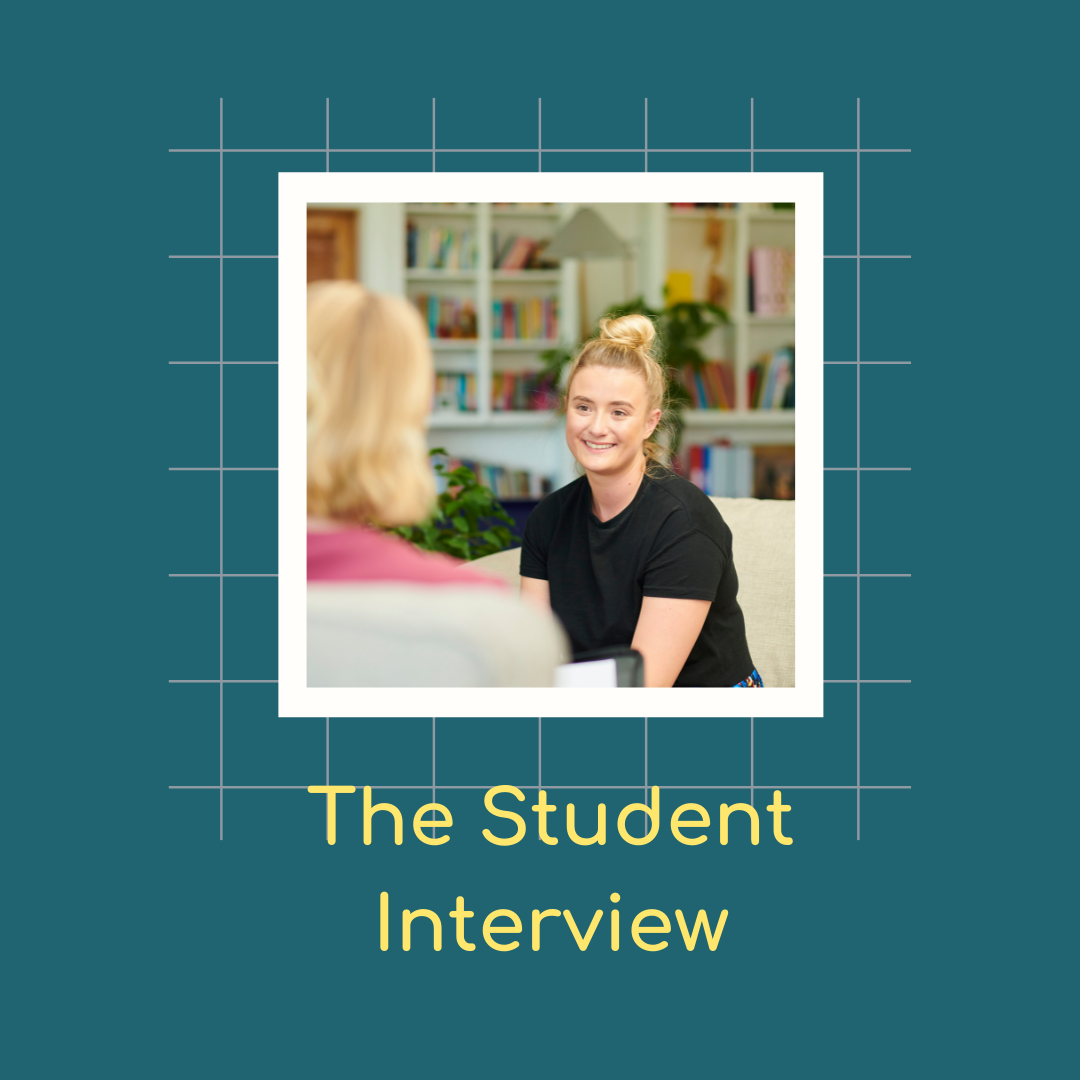Over the past several months, we have worked with students of all ages from the United States, as well as far flung places such as Mumbai, who now have applications pending at over 40 different independent day and boarding schools. It is impressive that families broadened their school search and have considered so many diverse school options.
As we head into mid-February, many of our students are anxiously waiting to hear from the schools on their list over the coming weeks. Starting this week, Fairchester and some New York day schools will release admissions notifications, while boarding school decisions will be sent on March 10th.
As we sail into the final phase of the school selection process, here are some thoughts to consider in anticipation of your child’s notification. Now is a good time to:
Talk about their preferences
Discuss what the transition to their new school community will look like
Prepare them for a possible waitlist or deny situation
Advise them to be discreet when discussing decisions with friends.
When it comes to your child’s admissions decision, let’s take a look at the three possible outcomes: accept, wait list, or deny.
Acceptance
Acceptance at your first choice school - The student is accepted at their school of choice, they accept the place, and send regrets (ASAP) to the other schools that accepted them. This is particularly important if your child sent a 1st choice declaration letter to the school.
Multiple Acceptances - The student is accepted at several schools and is unsure of where to go. COVID permitting, many schools offer a chance to revisit and attend classes for a day. Students should only revisit those schools that they are seriously thinking of attending. And remember to stay focused on ‘best fit’ in all discussions with your child!
Wait List
If your child is offered a spot on a school's wait list, it means that they are qualified to be accepted by the school, but there were more qualified applicants than spaces available. You may opt to wait for a space to open up, or you can decline the wait list status if you have other preferred options. Let the school know either way as soon as possible. If you choose to wait, be aware that you will have to wait a month or more to see if spaces open up.
Deny
There are a limited number of spaces at all schools and admissions denials almost always inevitable. Remind your child of the multiple variables involved in when a school makes an admissions decision. And be sure to emphasize the competitive nature of the school admissions process.
And Finally…
It has been a pleasure getting to know the KQ Class of 2022. Good luck to all of our students - and to anyone applying to independent schools! As always, we are here to guide you through the decision-making process should you need help.















